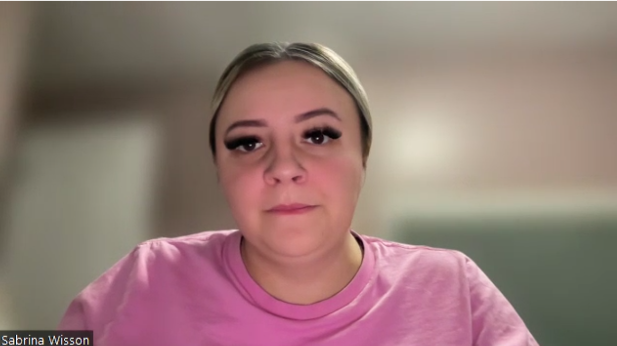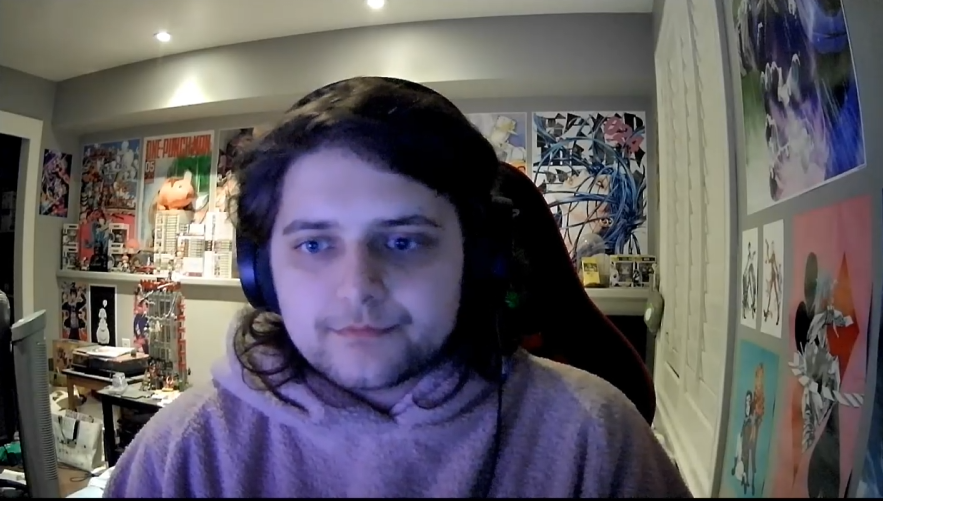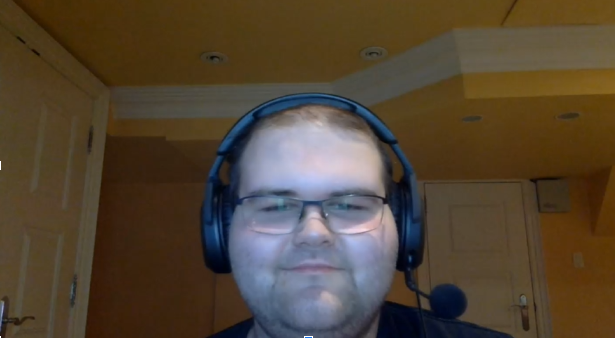Nicotine has been a part of modern culture for more than a hundred years from cigarettes’ rise in popularity in the early 20th century to vaping’s rise to popularity in the last 5 years.
According to https://www150.statcan.gc.ca/n1/daily-quotidien/230911/dq230911a-eng.htm, more than 20% of young adults aged 20-24 have reported vaping in the last 30 days and the age of users for vapes continues to get lower.
“I find that generations now are starting younger so they’re starting in grades six, seven, eight. Vaping its very appealing. It tastes good, it looks cool,” says registered psychotherapist Sabrina Wisson.

Society has largely demonized cigarette usage. This has contributed to the appeal of vaping. What started as an alternative to smoking, vaping has taken over, especially amongst teenagers and young adults. Originally vaping was marketed as a healthy alternative to cigarettes. We now know this is not the case.

It’s been reported one in four students vape and that number is growing each year.
“It was just kind of like fun. It was like a social thing where everyone would hang out and do that. So it was just kind of like, you know, fun to do,” says Toronto Metropolitan University student Mathew Bucci.

Even students who never vaped were still enticed by the culture and marketing surrounding vaping culture “Around that time I was like, oh, maybe I should give it a try or, you know, what type of flavours there are. But I just I think I either got sidetracked or I just convinced myself otherwise,” says Sheridan student Christian Mackenzie.
With people starting to vape and use other nicotine products at a younger age, approaches to reduce its user might also need to change.
“We need to start educating kids at a younger age as the way it is now by the time they start to learn about then in grade 7 or 8 many kids have already started vaping,” says Wisson.
“We need to start educating kids at a younger age as the way it is now by the time they start to learn about then in grade 7 or 8 many kids have already started vaping,” says Wisson.
However, there is pushback from some parents as they believe that introducing kids to drugs at a young age might make them more likely to get addicted.
“A lot of parents don’t want their kids educated at a younger age or exposed to that kind of material because they think if their kids learn about it, it’s actually going to enable them. Though early education has been shown to do quite the opposite,” says Wisson.
The culture surrounding vaping and addiction needs to change. People often demonize those suffering from addiction which can make the situation worse.
“If somebody is using at a young age rather than just thinking they’re broken or, you know, their parents failed them. Has something happened to them? Have they experienced trauma? So really being able to just take a minute back and instead of passing that judgment, looking at it from a more whole picture,” says Wisson.
